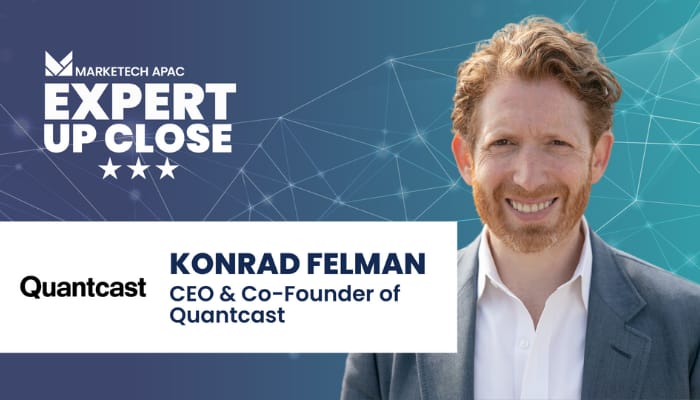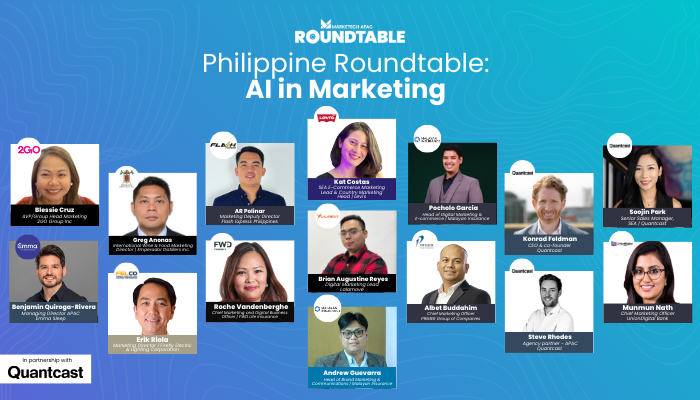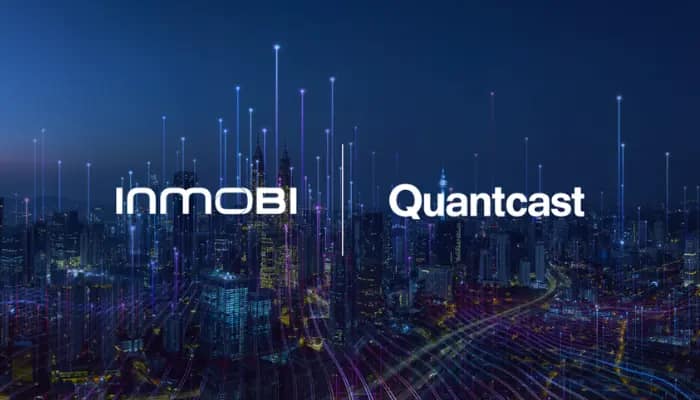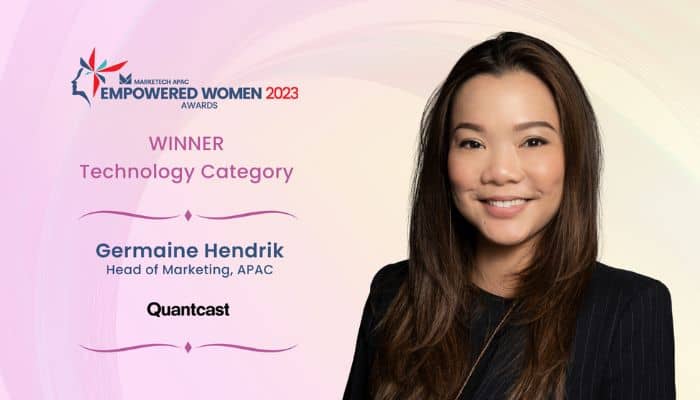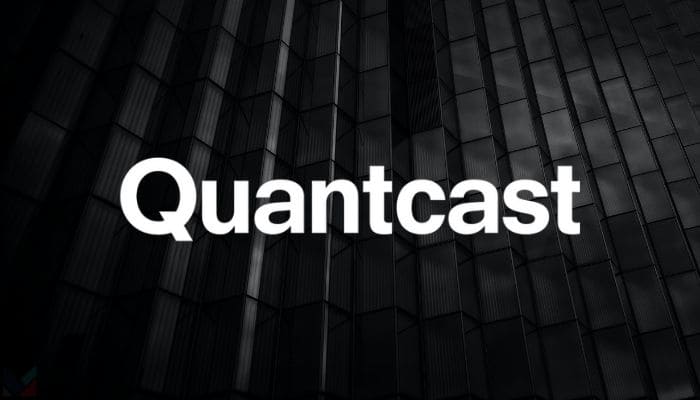Artificial Intelligence (AI) has been around for a long time. But for the past few months, it has accelerated and taken the marketing industry by storm, giving marketers unprecedented opportunity while opening more doors on how to distil its power to full capacity. Although iterations of the use of AI are now being witnessed, there are still some questions surrounding the technology.
In the world of marketing, MARKETECH APAC wanted to uncover how brands can use AI for success, and in doing so, what challenges they can prepare for, as well as what opportunities can be gained through AI innovation.. For that, we turn to Konrad Feldman, CEO & co-founder of Quantcast–the adtech that specialises in AI-driven real-time advertising, audience insights, and measurement.
In the latest Expert Up Close interview, we sat down with Feldman to learn his expert insights on the emergence of AI and how marketers can use it as a powerful tool to deliver excellence in their marketing initiatives.
Firstly, according to Feldman, the innovation of AI has moved past itself, it is not just ‘one thing’ but an umbrella of approaches. What makes it a true mark of growth in this digital age is the fact that it can interact with what has been democratised for everyone; information on the open internet.
Right off the bat, productivity is the biggest benefit of AI, and for marketers, this means being able to have more room to do the jobs they were meant to do, better..
“There’s going to be all sorts of companies launched and tools that sit on top of these [large language] models that will help us with productivity and that will help us get through our work quicker, freeing up marketers to be more creative and more and more innovative. I think everyone should be testing these things to get a feel for themselves,” he said.
Konrad also added that the more we can set these tools to understand the data patterns to be able to predict the right audiences and to autonomously optimise campaigns, it frees people up to do things that people are still much better at doing.

“One of the more intricate use cases of AI for marketers is being able to narrow down which audience segments are best to reach for an advertising campaign”, stated Feldman.
“So one of the key benefits [of AI] is helping [to] decide which set of consumers would be best to reach for an advertising campaign. In any market, there’s a large potential [audience], but the reality is, very few marketers want to reach the entire audience.”
Many advertisers have an increasing amount of information on their customers. Feldman gave the example of an airline that has a route to San Francisco and is promoting tickets for that destination could have many hypotheses by which someone could become a customer. But even with a large number of people, it would only be able to identify a subset of those motivations.
And this is where programmatic advertising enters the picture and leverages machine learning, which can more systematically assess the characteristics of customers that may be interested in a brand’s offer.
Ultimately, Feldman said there are different types of AI for different types of problems, but just like any other technology, one should start not with the goal of simply using technology.
“You should start with the goal of solving a specific problem,” he said.
Overall, machine learning and AI algorithms work as an optimisation process where they are trying to minimise some errors and maximise some value, so one must be able to provide the incentive for the way the algorithm learns.
“Be really clear about the problem that you want to solve and how you’ll measure success. I think that’s an important framing – having a clear understanding of what success looks like.”
Another important thing — the willingness to experiment.
“Be willing to experiment, recognise that not everything you try with new technologies is always going to work straight off.”

He elaborated by saying that if something doesn’t work and you can understand why, that’s how you learn in advance.
He then concluded, “So getting a model where you’re able to experiment and learn quickly is powerful. And that’s the last thing I’d say – experiment. These new products that are available based on [breakthroughs] and the availability of data is such that we’re seeing some really interesting, emergent properties from these models. And they’re available, and they’re accessible. And anyone can go and use them. Just try them out!”
Watch the full interview with Feldman here.

